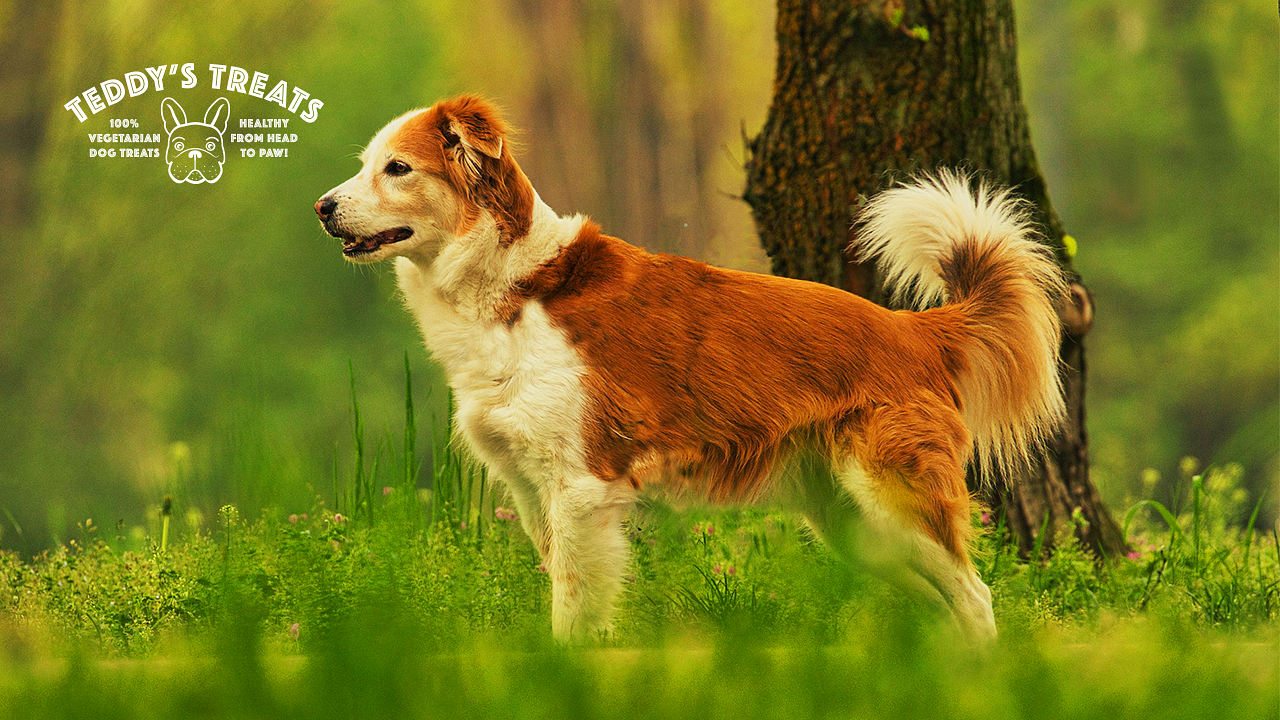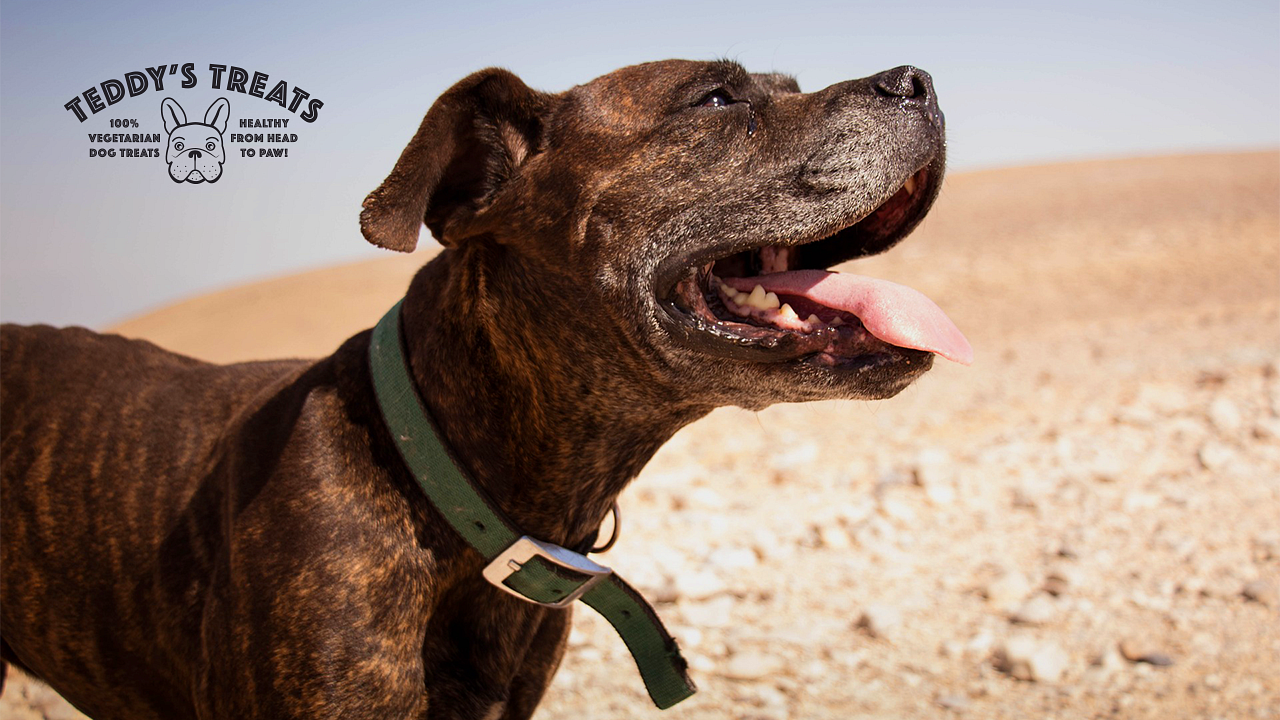Partnership article.
Don’t miss out! Find out when your dog is an adult and what it means for him. Check out expert advice and keep your pet healthy!
Owning a dog is a wonderful experience, but it obligates you to fulfill many responsibilities. One of the important tasks is to determine when our dog becomes an adult and what changes occur in his body and behavior. In this article, we will discuss what it means for a dog to be an adult, what are the typical behavioral changes that require changes in care, and what factors can affect when a dog becomes an adult. So, when the dog is adult?
Good resolution is healthy dog treats from Tedy’s Treats
When a dog becomes an adult – definition
Many people believe that a dog becomes an adult when it turns a year old. However, this approach is too general. The reality is more complicated. The moment when a dog becomes an adult depends on the breed and size of the dog, as well as its individual characteristics. It is believed that for small breeds, a dog becomes an adult between 8 and 10 months of age, while for large breeds it may not happen until 18 to 24 months of age.
What are the typical behavioral changes in an adult dog?
An adult dog has a different temperament than a puppy. It becomes more independent, more stubborn, and less inclined to play. This doesn’t mean that dogs don’t like to play, but a dog’s needs change with age. An adult dog needs less exercise, but still needs a fair amount of physical and mental activity.
Adult dogs tend to be more focused and self-motivated. They may be more distrustful of strangers, but are more attached to their handlers. Many adult dogs become more composed and patient. They are less prone to stress and their reactions are more predictable. However, it happens that some of a dog’s character traits remain unchanged with age, which should be taken into account in the parenting process.

Does it require changes in care?
An adult dog requires a different approach to care than a puppy. In the case of an adult dog, attention must be paid to its diet, grooming, physical activity, but also to its emotional needs. All these elements affect the health and well-being of the dog.
When it comes to diet, be sure to reduce calories, as an adult dog needs less energy than a puppy. It’s also a good idea to choose high-quality food that will provide your dog with the right amount of nutrients.
Caring for an adult dog requires regular brushing of the coat and cleaning of ears and teeth. For older dogs, it is also a good idea to take care of their joints and perform regular checkups.
Physical activity should be adapted to the age and health of the dog. For adult dogs, it is advisable to walk at least twice a day and provide them with a regular dose of play and mental exercise.
Factors affecting the moment when a dog becomes an adult
The moment when a dog becomes an adult depends on many factors. One of them is the breed of the dog. Small dog breeds mature faster than large breeds. Genetics, diet, lifestyle and the dog’s health status also influence the moment of maturity.
How to determine when a dog is an adult?
The definitive determination of when a dog becomes an adult depends on the individual characteristics of the dog, but there are some indicators to determine whether a dog is already an adult. For large breeds, sexual maturity is reached between 1.5 and 2 years of age. For small breeds, sexual maturity is usually reached between 6 and 12 months of age.



